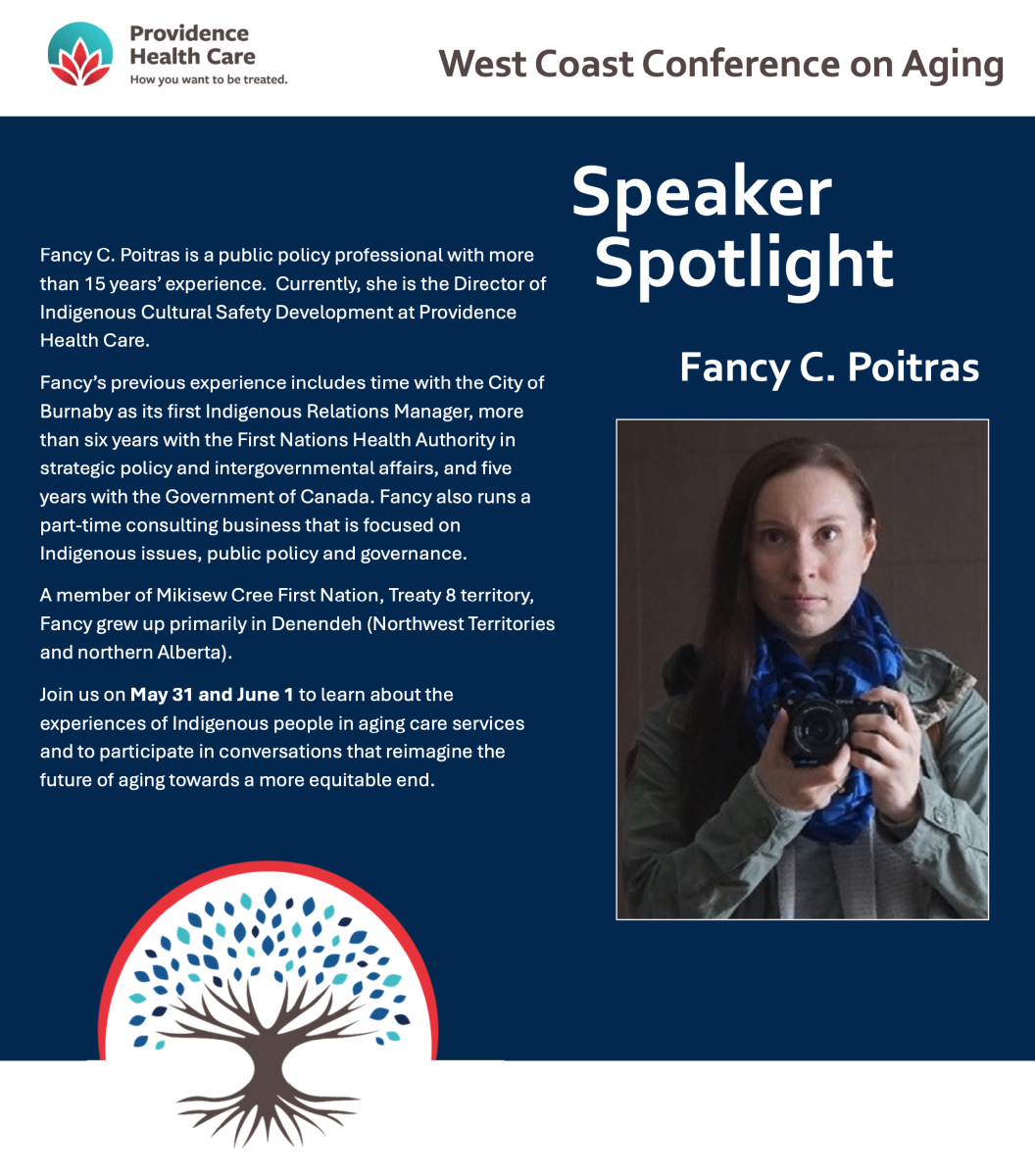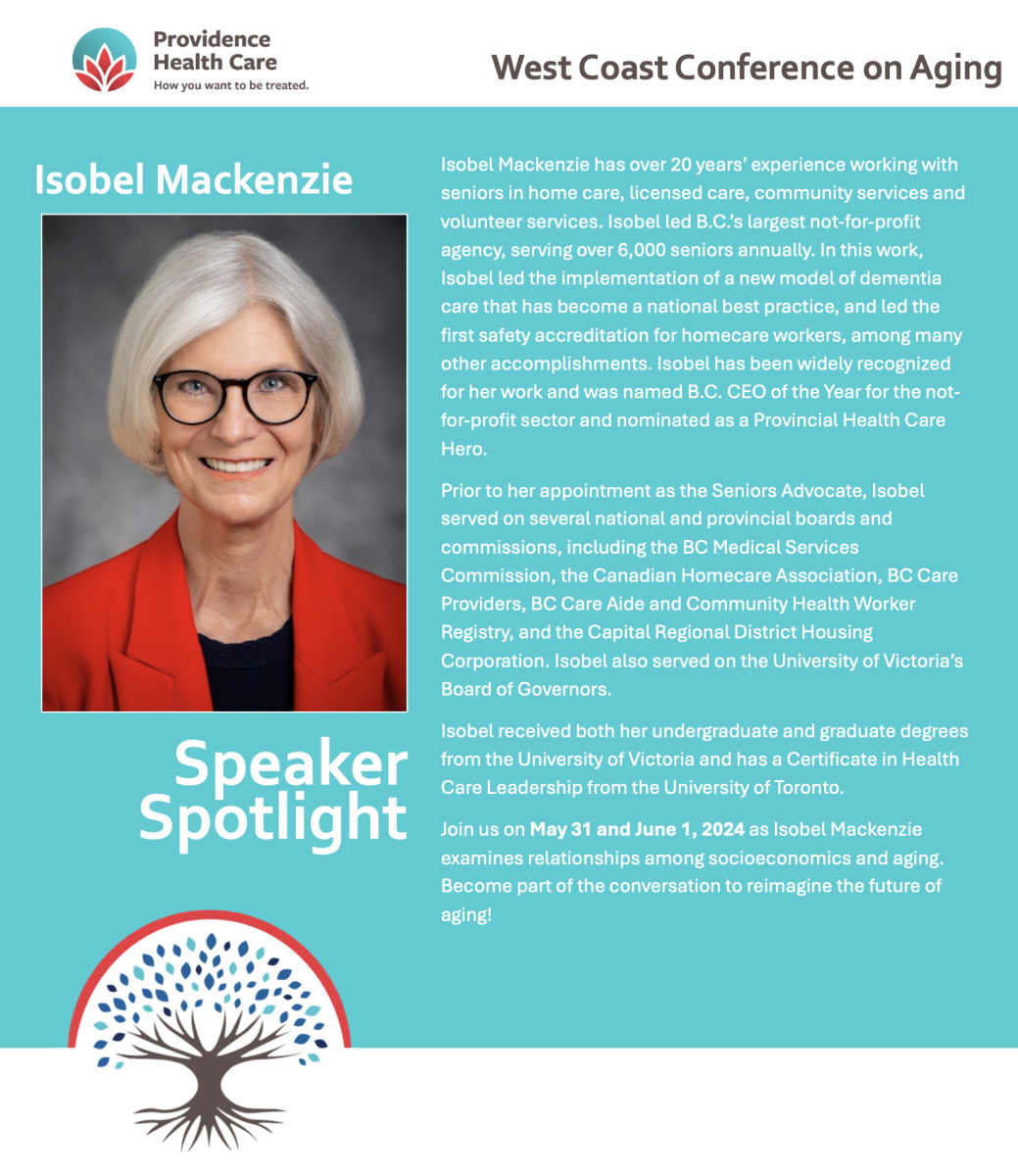Workshop Descriptions
A1 Substance Use Disorders Among Older Adults: New Guidelines
Ashok Krishnamoorthy, MD, MRCPsych, FRCPC, ABAM, MS(Neuro Psych); GerritClements, JD
This workshop will explore unique issues and barriers for seniors who have, or are at risk for, substance use disorders. Information will be provided on the Canadian Coalition for Seniors’ Mental Health’s new clinical practice guidelines for alcohol, benzodiazepines, cannabis and opioids. Additionally legal tools available for health care professionals when caring for persons with substance use disorders will be described.
A2 Mindfulness in Seniors Health Care: A New Tool in the Toolbox
Elisabeth Drance, MD, FRCPC
This experiential workshop will introduce health care practitioners to the many ways that mindfulness practice can support them personally and professionally. This workshop will provide a taste of what mindfulness practice is, and explore how it can serve to strengthen you in your multiple roles - as a parent, a partner, a health care provider, and a citizen of this world.
A3 Deciding for Others: The Ethics of Substitute Decision Making
Jocelyn Chase, BSc, MD, FRCPC
This workshop will define the BC legal landscape in decision making for incapable patients, analyze the ethical considerations involved in substituted decision making, and will apply evidence based techniques to case studies to support healthcare professionals in navigating substituted decision making.
A4 From Westworld to Dementia Care: Co-Creating the Future of Socially Assistive Robots
Julie Robillard, PhD
Social robots, defined as robots that provide assistance to users through social interaction and communication, are depicted paradoxically in the media: on the one hand as promising in their potential to support aging in place and promote cognitive health; and on the other as frightening in their anticipated uses as replacing human interaction. These contrasting depictions have a significant impact on the public’s understandings and acceptance of social robotics. The goals of this workshop are to 1) interactively examine the narratives about the promises and perils of social robotics; 2) explore current and future priorities for the use of social robotics in geriatric services; 3) identify key ethical and social issues in social robotics for older adults.
B1 Frailty: Let’s Keep the Discussion Going
Martha Spencer, MD, FRCPC
This workshop will explore frailty using a case based approach, will explain models of frailty and the outcomes with which they are correlated, and will review approaches to treating frail patients in residential care. Strategies for advanced care planning and end of life care in frail patients will be discussed.
B2 Collaboration…Co-Creation
Lillian Hung, RN, PhD; Cindy Liu, MD; Evan Woldum, MD; Christine Wallsworth, Family Partner; Mario Gregorio, Patient Partner
This workshop will explore the conference theme through the practical application of knowledge translation strategies. The team experience of researching the use of social robots at Vancouver General Hospital will be discussed by the presenting panel.
B3 Right to Live at Risk
Jenny Young, MSW, MA and Gerrit Clements, JD
Deciding whether, when, and how to intervene in the choices of persons who choose to engage in risk activities (such as eating when at risk of aspiration or returning to an unsafe home from hospital) is a complex challenge. A decision-making process grounded in ethical principles will be discussed. This robust comprehensive process may be used to reach decisions that can be ethically and legally justified.
B4 The Brain Health and Wellness Project: Practical Tools for Promoting Brain Health and Wellness at the Frontlines of Care
Paul Blackburn, MD, FRCPC
This workshop will discuss the evidence and rationale underlying the Brain Health and Wellness Project, key steps for effective health behaviour change and the tools and applications of the Fountain of Health ™


